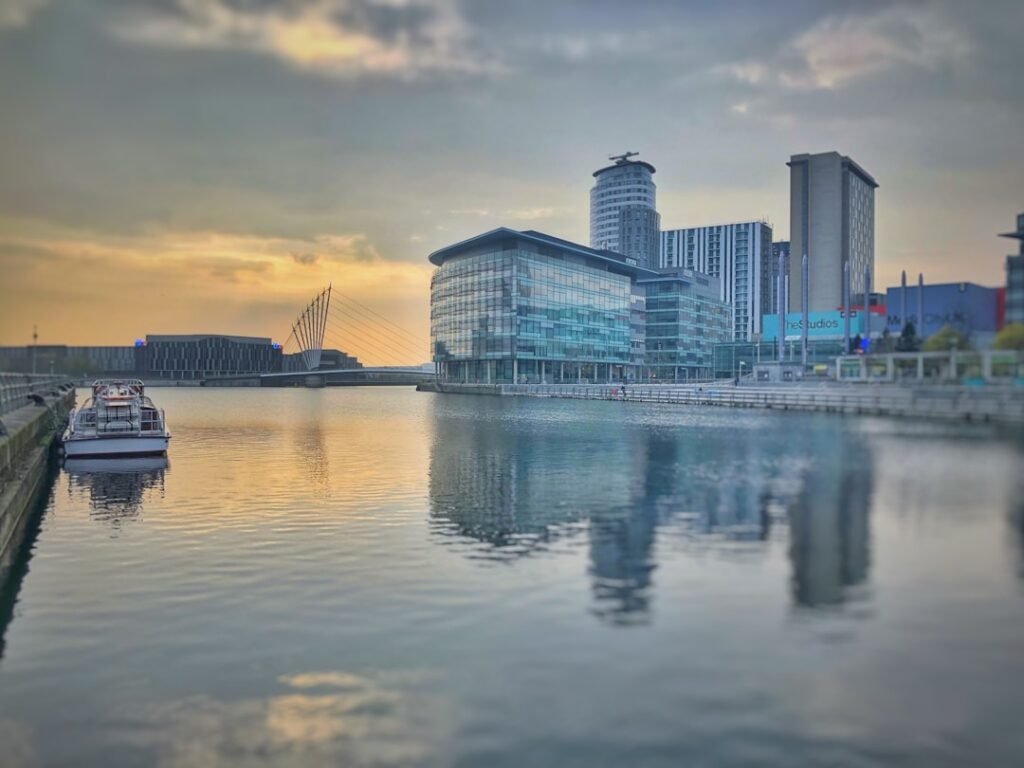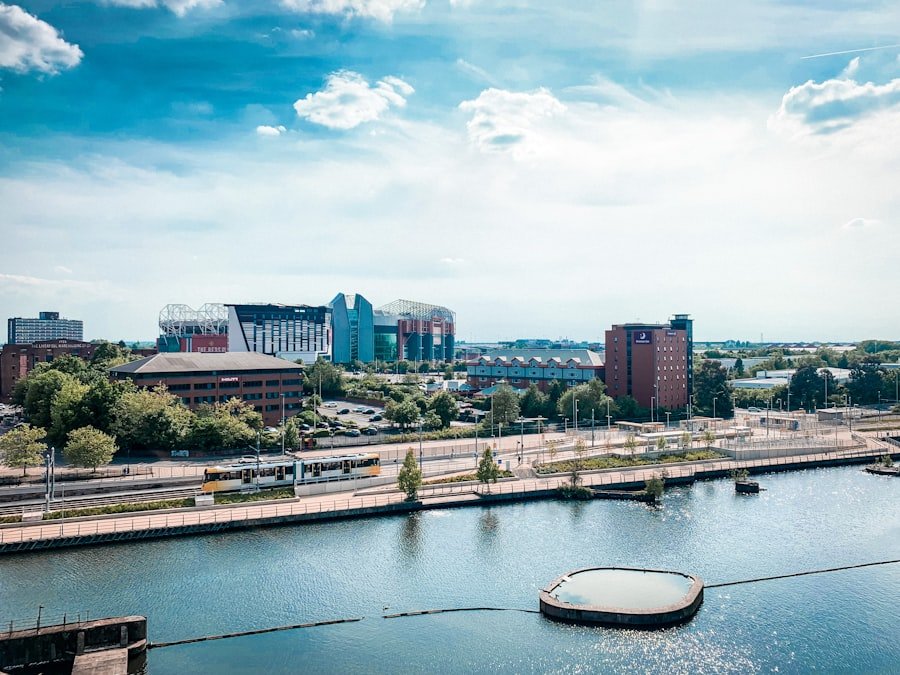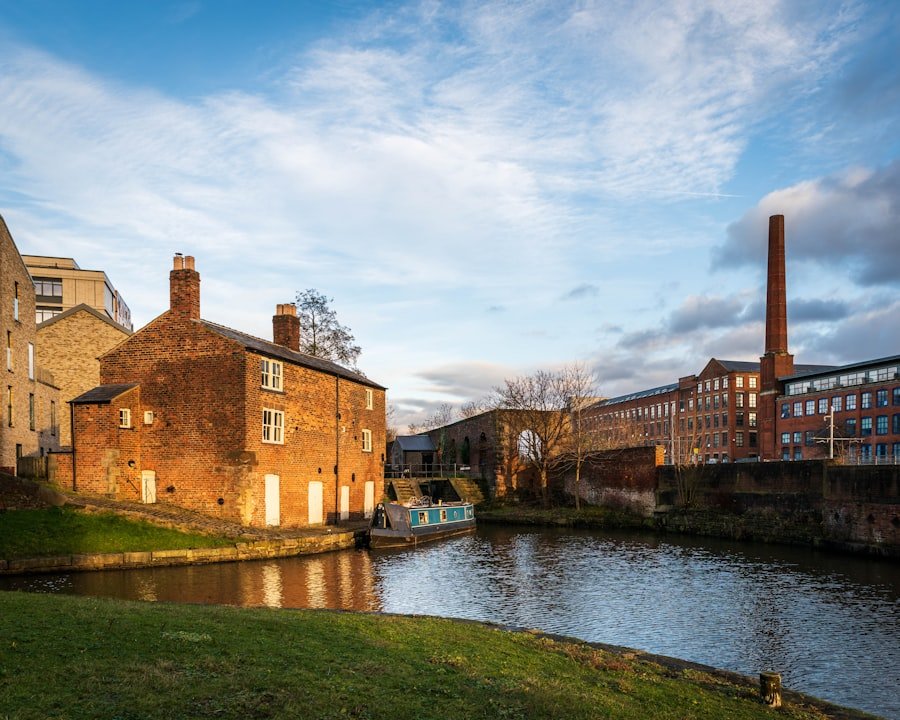

The Top 20 Survival English Phrases for Tourists
In an increasingly globalised world, the ability to communicate in English has become an essential skill for travellers. Whether you are exploring the bustling streets of London, wandering through the historic alleys of Edinburgh, or soaking up the sun on the beaches of Malta, knowing a few survival English phrases can significantly enhance your travel experience. These phrases not only help you navigate through unfamiliar environments but also foster connections with locals, making your journey more enriching and enjoyable.
Survival English phrases are designed to be practical and straightforward, allowing tourists to engage in basic conversations without the need for fluency. From greetings to ordering food, these essential expressions can help you overcome language barriers and ensure that you can express your needs and desires effectively. In this article, we will explore various categories of survival English phrases that every tourist should know, enabling you to travel with confidence and ease. Ready to improve your English? Join our new classes at NLS in Oslo. Sign up today!
Table of Contents
ToggleSummary
- Survival English phrases are essential for tourists to communicate effectively while travelling.
- Greetings and introductions are important for making a good first impression in a new place.
- Asking for directions is crucial for navigating unfamiliar locations and finding your way around.
- Ordering food and drinks requires basic English phrases to ensure you get what you want.
- Knowing how to handle emergency situations can be a lifesaver while travelling.
Greetings and Introductions
When visiting a new country, the first step in establishing rapport with locals is through greetings and introductions. A simple “hello” or “good morning” can go a long way in breaking the ice and showing respect for the local culture. In English-speaking countries, common greetings include “Hi,” “How are you?” and “Nice to meet you.” These phrases not only serve as a polite way to initiate conversation but also invite further dialogue.
When introducing yourself, it is customary to state your name and perhaps share a little about where you are from. For instance, saying “My name is Sarah, and I’m from Australia” can create a friendly atmosphere and encourage others to share their own stories. Remember that body language plays a crucial role in communication; a warm smile and eye contact can enhance your greeting and make it more genuine.
Asking for Directions

Navigating a new city can be daunting, especially if you are unfamiliar with the local language. However, knowing how to ask for directions in English can alleviate much of this stress. Phrases such as “Excuse me, can you help me find…?” or “Could you tell me how to get to…?” are invaluable when seeking guidance from locals.
It is also helpful to learn specific vocabulary related to directions, such as “left,” “right,” “straight ahead,” and “nearby.” When asking for directions, it is advisable to be polite and patient. Many locals will be more than willing to assist you if approached respectfully. Additionally, carrying a map or having a navigation app on your phone can facilitate communication, as you can point to specific locations while asking for help.
This combination of verbal and non-verbal cues can lead to clearer directions and a more pleasant interaction.
Ordering Food and Drinks
One of the most enjoyable aspects of travelling is experiencing local cuisine. However, ordering food and drinks can sometimes be challenging if you are not familiar with the language. Mastering a few key phrases can make this process smoother and more enjoyable.
For example, knowing how to say “I would like…” or “Can I have…?” will allow you to place your order confidently. It is also beneficial to learn some food-related vocabulary, such as “menu,” “bill,” “water,” and “vegetarian.” When dining out, don’t hesitate to ask questions about the menu items if you are unsure what they entail. Phrases like “What do you recommend?” or “Is this dish spicy?” can help you make informed choices while also engaging with the staff.
Remember that expressing your preferences or dietary restrictions clearly will ensure that your dining experience is both satisfying and enjoyable.
Emergency Situations
While we all hope for smooth travels, emergencies can occur at any time. Knowing how to communicate effectively in such situations is crucial for your safety and well-being. Familiarise yourself with essential phrases such as “I need help,” “Call the police,” or “Where is the nearest hospital?” These expressions can be lifesaving when time is of the essence.
In addition to these phrases, it is wise to learn how to describe your situation succinctly. For instance, if you have lost your wallet or passport, being able to say “I have lost my…” will help convey your predicament quickly. It is also advisable to keep important contact numbers saved on your phone or written down in case of emergencies.
Being prepared will give you peace of mind as you navigate through unfamiliar territories.
Making Reservations

Whether it’s booking a hotel room or securing a table at a restaurant, making reservations is an integral part of travel planning. Knowing how to communicate your needs effectively can save you time and ensure that your arrangements are in order. Phrases such as “I would like to make a reservation for…” or “Do you have any availability for…?” are essential when reaching out to hotels or dining establishments.
When making reservations over the phone or in person, be prepared to provide specific details such as the date, time, number of guests, and any special requests you may have. It’s also helpful to confirm your reservation by asking questions like “Can you please confirm my booking?” This not only ensures clarity but also demonstrates your attentiveness to detail.
Shopping and Negotiating Prices
Shopping while travelling can be an exciting adventure, especially when exploring local markets or boutiques. However, knowing how to navigate conversations about prices is essential for a successful shopping experience. Familiarise yourself with phrases like “How much does this cost?” or “Can I get a discount?” which will empower you during transactions.
In many cultures, bargaining is a common practice, particularly in markets or street vendors. Understanding how to negotiate politely can lead to better deals while also fostering positive interactions with sellers. Phrases such as “Is that your best price?” or “I’m on a budget; can you lower the price?” can be effective in these situations.
Remember that maintaining a friendly demeanour while negotiating will often yield better results.
Making Small Talk
Engaging in small talk is an excellent way to connect with locals and immerse yourself in the culture of your destination. Simple phrases like “What do you think of this place?” or “Have you been here long?” can initiate conversations that lead to meaningful exchanges. Small talk not only helps break the ice but also provides insights into local customs and traditions.
When conversing with locals, be attentive and show genuine interest in their responses. Asking follow-up questions based on their answers can keep the conversation flowing and demonstrate that you value their perspective. Additionally, sharing your own experiences or thoughts about their city can create a sense of camaraderie and mutual understanding.
Expressing Gratitude
Gratitude is a universal language that transcends cultural barriers. Knowing how to express thanks in English is vital for fostering goodwill during your travels. Simple phrases like “Thank you,” “I appreciate it,” or “That’s very kind of you” can leave a positive impression on those who assist you along the way.
In addition to verbal expressions of gratitude, consider incorporating non-verbal gestures such as a smile or a nod of appreciation. These small acts can enhance your interactions and convey sincerity. Remember that expressing gratitude not only reflects well on you as a traveller but also contributes to building positive relationships with locals.
Dealing with Transportation
Navigating public transportation systems can be one of the more challenging aspects of travel, especially in unfamiliar cities. Knowing how to communicate effectively about transportation options is essential for getting around smoothly. Phrases like “Where is the nearest bus stop?” or “How do I get to the train station?” will prove invaluable when seeking assistance.
Additionally, understanding basic transportation vocabulary such as “ticket,” “platform,” and “schedule” will help you navigate ticket counters and information boards with ease. When using taxis or rideshare services, it’s important to know how to provide clear instructions about your destination. Phrases like “Take me to this address” or showing the driver a written address can eliminate confusion and ensure a hassle-free journey.
Mastering Survival English for Travel
In conclusion, mastering survival English phrases is an invaluable asset for any traveller seeking to explore new destinations with confidence and ease. From greetings and ordering food to navigating transportation systems and handling emergencies, these essential expressions empower tourists to engage meaningfully with locals while enhancing their overall travel experience. For those looking to improve their English skills further, consider enrolling in courses at the NLS Norwegian Language School in Oslo.
The school offers tailored English courses designed for various proficiency levels, ensuring that learners receive personalised instruction that meets their needs. With experienced instructors and a supportive learning environment, NLS provides an excellent opportunity for travellers to refine their language skills before embarking on their adventures abroad. By investing time in learning survival English phrases and honing your language skills at NLS, you will not only enrich your travel experiences but also foster connections with people from diverse backgrounds—making every journey memorable and fulfilling.
Master English in Oslo. NLS Language School offers classes for all levels. Enroll now!
If you want to learn Norwegian, you can register for classes here. We look forward to hearing from you and helping you become fluent in Norwegian.





